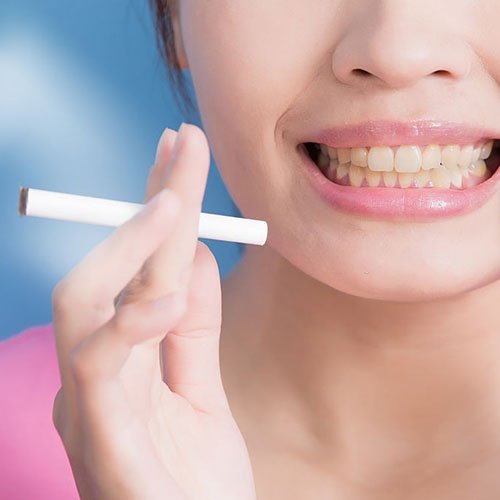Tooth Plaque
Plaque is a common oral disorder and around 68% of adults have plaque on their teeth. It is a sticky colorless film that develops on your teeth and between them. Plaque also appears above and below the gum line. Plaque contains bacteria, which produce acids that affect your tooth enamel.
When not brushed off properly, a plaque turns into tartar, putting you at an increased risk of developing cavities or serious gum diseases like gingivitis or periodontitis.
The development of plaque is normal in every human being. It is produced when the bacteria in our mouth mixes with the sugar or carbohydrates present in the food we eat. This process produces a large number of acids that attack and destroy tooth enamel, resulting in tooth cavities.


